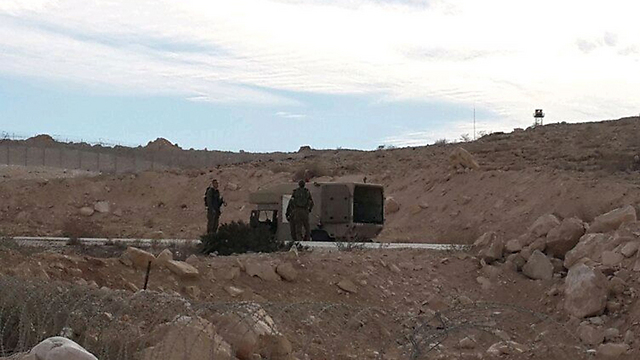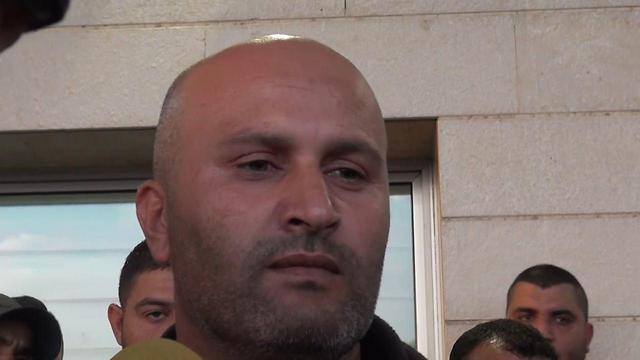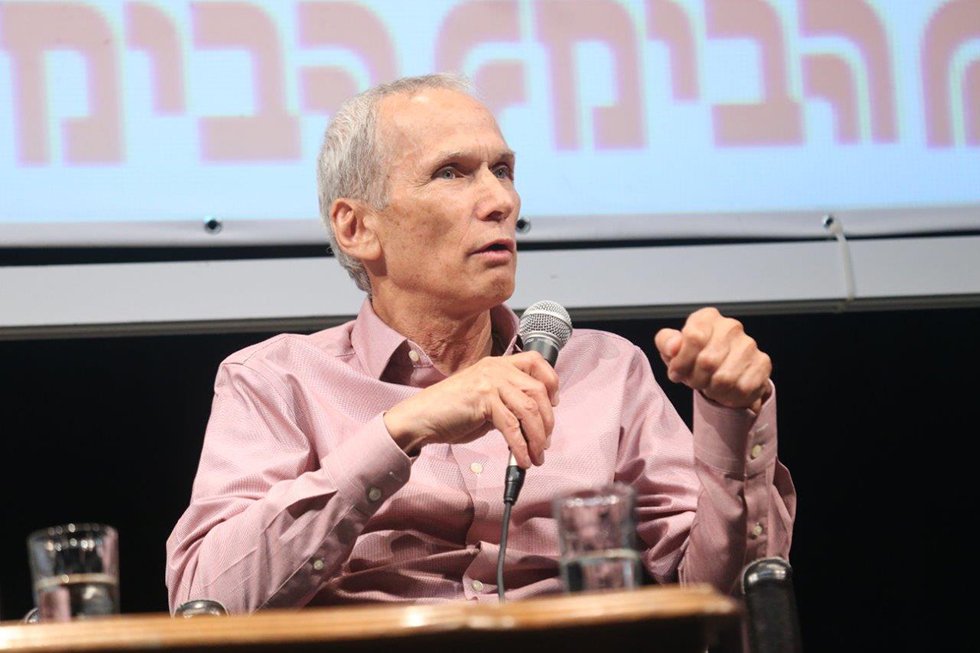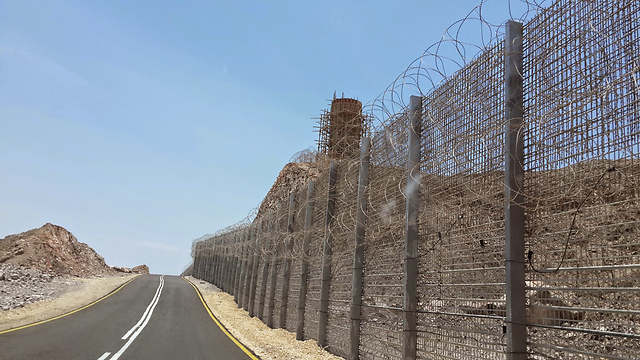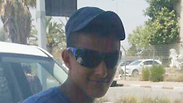
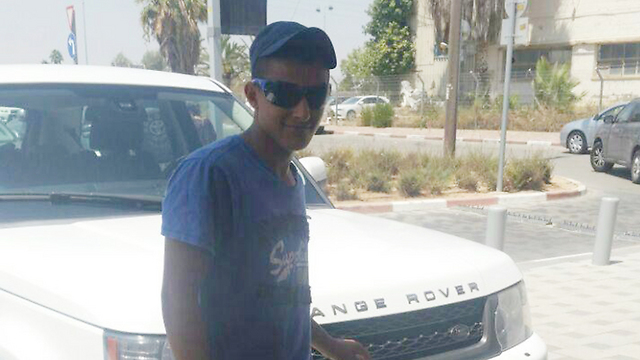
15-year-old Israeli killed on Egyptian border
Victim, shot while carrying out reinforcement work on the security fence between Israel and Egypt, succumbs to wounds sustained after an Egyptian border policeman allegedly opened fire in an apparent misunderstanding; Israeli investigation rules out potential terror attack and border smuggling as cause of gunshots; victim's father holds IDF responsible.
A 15-year-old contractor working for the defense ministry was killed Tuesday afternoon after sustaining at least one gunshot wound while carrying out reinforcement work on the fence on the Israel-Egypt border.
The fire appears to have emanated from Egyptian territory, and hit in the Mt. Harif area of the Israeli Negev. A joint investigation carried out by IDF officers and their counterparts in Egypt revealed that the victim, later identified as Nimer Bassem Abu Amar from the Bedouin town of Lakiya, had been accidentally shot for reasons which remain unclear.
Attempts by medics to save the Abu Amar were ultimately to no avail as he succumbed to his wounds while being evacuated to the Soroka Medical Center in Beer Sheva.
Initial assessments indicated the gunshots came not as a result of an attack but rather as a result of a misunderstanding which ensued, according to a reported quote by Egyptian security officials, following an exchange of fire between Egyptian border police with a drug smuggler on the border.
However, Israel later categorically ruled out the possibility that a terror attack or a smuggling attempt on the border had led to the shots. Moreover, it later emerged that the fatal shot had been fired by an Egyptian likely from the border police stationed at the usually calm border.
Further details of the ongoing investigation appeared to confirm that the circumstances surrounding the incident were accidental. Abu Amar was reported to have been standing inside an enclave on the Israeli side of the fence in the Mt. Harif area as part of routine fence reinforcement work which was coordinated in advance between the Egyptian and Israeli militaries.
Mistakenly believing that Abu Amar was a suspect inside Egyptian territory, the Egyptian security forces opened fire. An escalation of violence was averted by dint of the fact that IDF soldiers stationed at the scene understood that the shots resulted from confusion.
Commenting on the incident, Abu Amar's father, Bassem said that he held the IDF fully accountable, citing its failure to provide protection during the work.
"I blame the Defense Ministry for the death of my son. There was no security by the IDF for the workers during the work," he said. "The soldiers left and only returned after they heard bursts of gunfire, and even then they did not respond."
Abu Amar’s father also said that his son had been working on the site for a number of days and arrived at the spot of the incident “in order to make a cup of coffee” for his fellow workers, all of whom are from the same family.
“My family took him to the crossing...A lot more people could have died. Where is the prime minister? Where is the defense minister? It is very simple. The army abandoned those who were working there.” The father added that he did not blame the co-workers for taking his son to the site.
The family’s anger was further exacerbated by the fact that no representative from the defense ministry or the IDF, it was reported, attended the mourning tent to console the begrieved family.
MK Omer Bar-Lev (Zionist Union) heaped criticism on the government for employing children into the ranks of the defense ministry. “It is shocking that the defense ministry employs children. The defense ministry is far too big to try and hide behind the private contractor that employs 15 year olds,” he said. "I intend to initiate an urgent discussion in the Foreign Affairs and Defense Committee at the beginning of the winter session next week.”
He also stated that the defense ministry had an obligation to recognize Abu Amar as a fallen defense ministry employee and to attend the meeting.
Route 10, which runs along the border, has been closed to traffic since a terror attack which occurred there in 2011. It was opened to traffic during the Sukkot holiday, but has since been closed again.
The fence—made up of steel, electric detection cables and barbed wire—which runs the length of the Israel-Egypt border, has been instrumental in stemming the flow of drug traffickers, terrorists, and illegal immigrants infiltrating into Israel.















